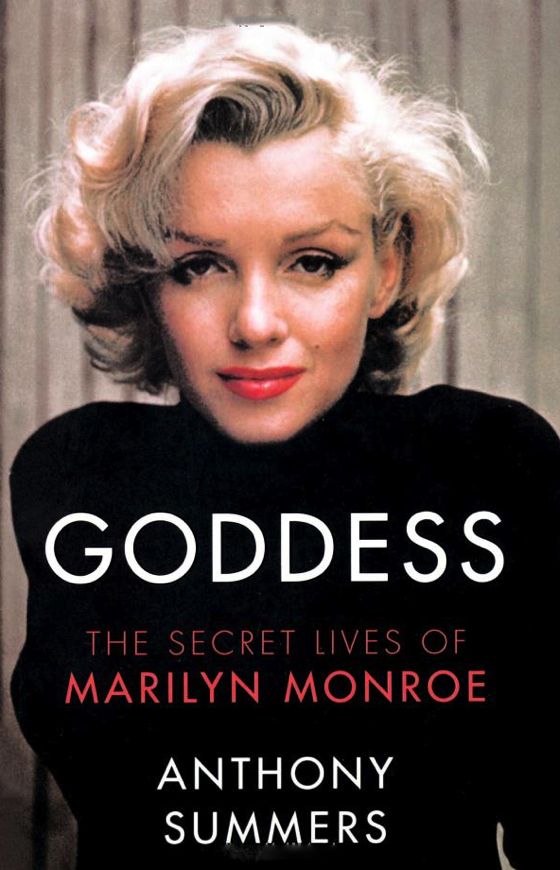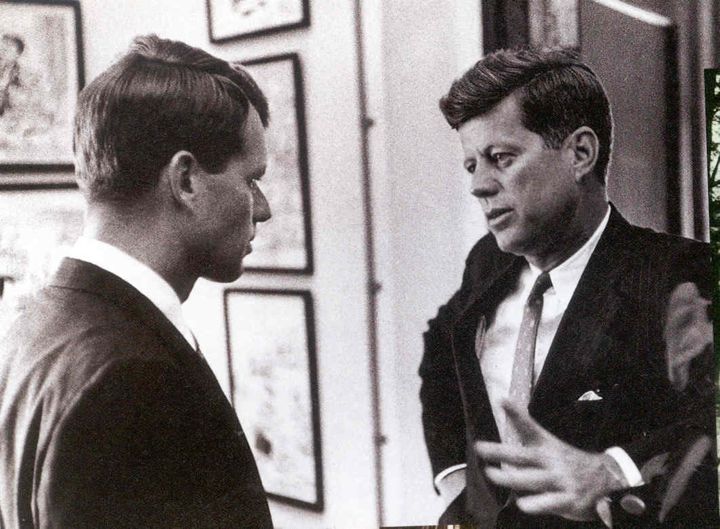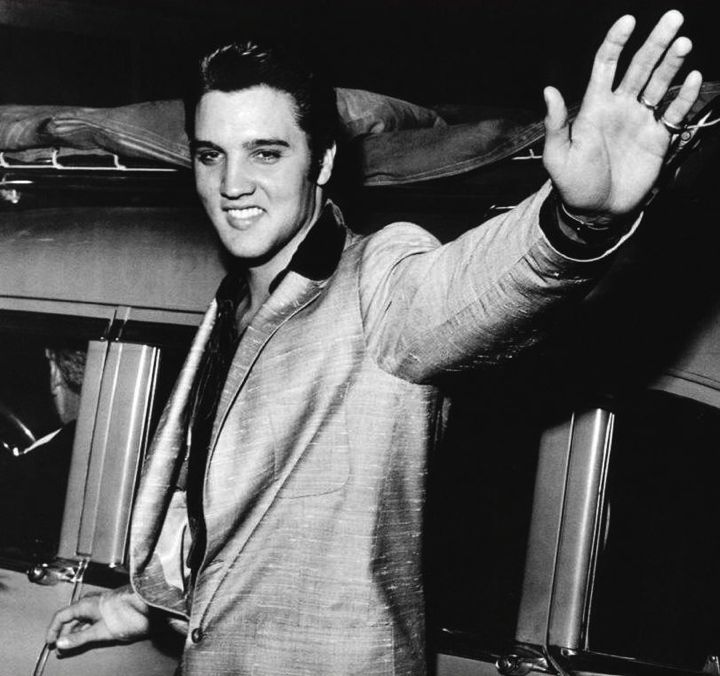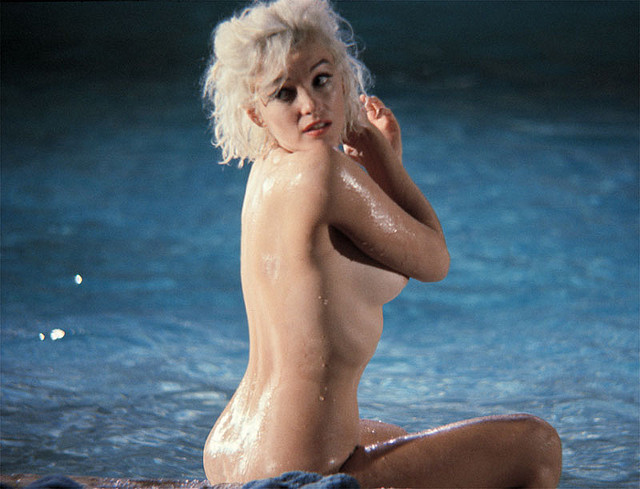
Goddess is a long and detailed biography of the amazing Marilyn Monroe. Summers, like most biographers of the star, is after dirt and scandal, but he seems to have been fairly scrupulous about reporting only the scandal and dirt he could corroborate through meticulous research, juiced up here and there by speculations that are reasonable or not totally unreasonable, depending on your point of view. Written originally in the 1980s, Summers's book reported an affair between Monroe and Elia Kazan, based on the testimony of acquaintances Summers found convincing. Kazan's biography, published a few years later, confirmed the truth of Summers's account. One has a sense that he mostly got things right.

Fully one third of the book, however, is devoted to his investigation into the last two years of Monroe's life, her rumored affairs with John and Robert Kennedy and the mob's interest in those affairs for possible use as blackmail. This was the “new” and most sensational material in the book when it came out, but not all readers will have the patience to follow every twist and turn of the obsessive research Summers did on the subject. Those who do will not find much to admire in the Kennedy brothers as men — they were slimeballs of the lowest sort in their private lives.

What emerges in the end is the tale of a stupendously and increasingly sad life, ending in a drug-induced haze, profound loneliness and overwhelming depression. It is very much like the tale Peter Guralnick tells in his much finer biography of Elvis Presley — the tale of a canny, ambitious, brilliant but shockingly innocent artist fulfilled at first and then crushed by success and fame.

As with Elvis, the redemption is to be found only in the work, whose magic endures long after the personal nightmare came to its end in the grave. It's a magic that was perhaps delightful to Monroe while she was making it but added up to less than nothing for her at the sorry end of her days. There's no particular moral to these tales. Both Elvis and Marilyn were damaged people, helpless to resist the addictions that killed them — addictions that irresponsible doctors and friends were only too happy to enable, in return for proximity to the intoxicating glamor of a star.

All we can do is turn back to the work they did, still bright and enchanting, still full of joy and life, and say a prayer for the repose of their souls.
